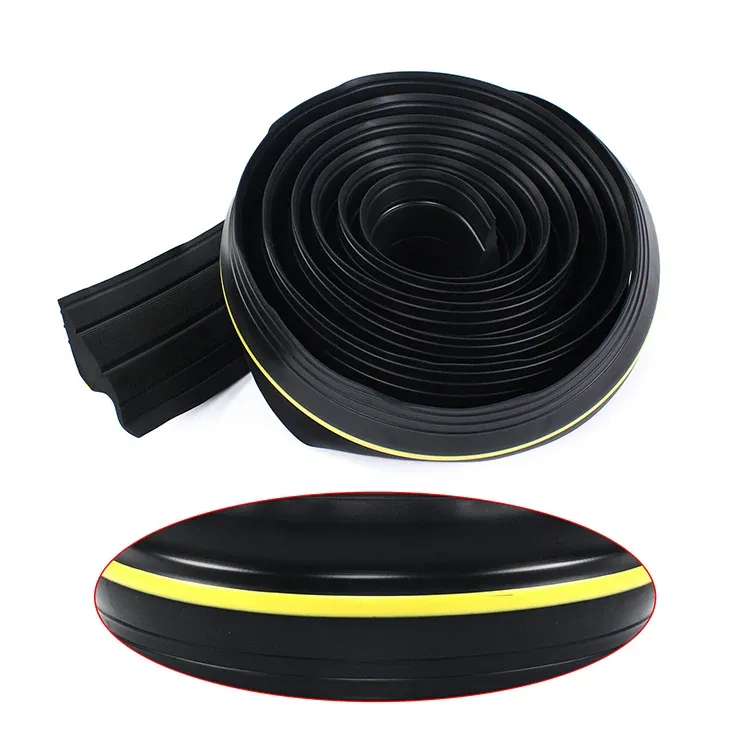The field of horse medicine is a dynamic and evolving discipline that plays a critical role in the health and performance of these remarkable animals. Through a combination of preventative care, timely diagnosis, effective treatment, and rehabilitation, equine veterinarians strive to enhance the quality of life of horses. As our understanding of veterinary science continues to grow, so too will the protocols and practices that ensure our equine companions remain healthy, happy, and capable of reaching their full potential.






